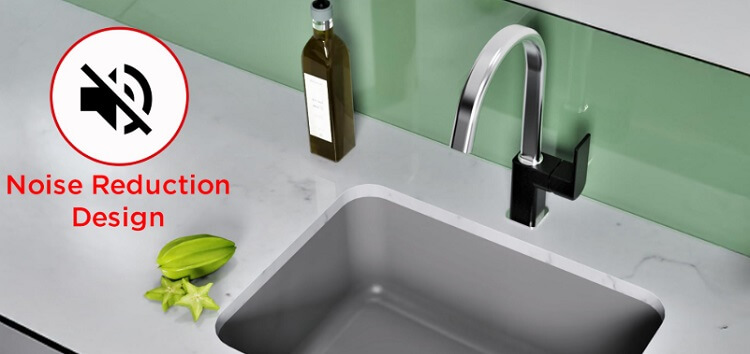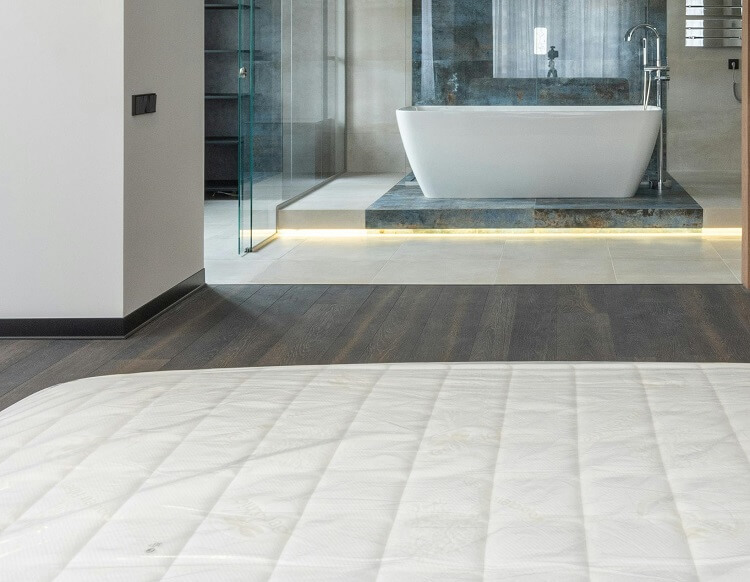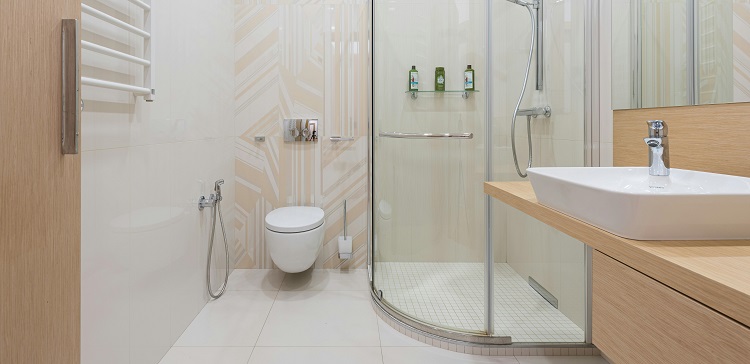
Practice mindfulness, use white noise machines, and develop mental resilience with meditation techniques to reduce sensitivity to disruptive sounds and enjoy a restful night’s sleep.
Achieving deep, uninterrupted sleep can be challenging when noise becomes a persistent issue. While physical soundproofing methods are effective, training your brain to block out noise is a powerful way to adapt to any environment. This guide explores strategies for enhancing your mental resilience to noise, ensuring better sleep quality and overall well-being.
Why Training Your Brain to Ignore Noise Matters
Noise doesn’t just disturb your sleep it can have significant impacts on your overall health. Repeated disruptions to your rest can prevent your body from completing critical recovery processes, leading to fatigue, stress, and even long-term health complications. By training your brain to handle noise more effectively, you can enjoy better sleep and improve your day-to-day functioning.
Learning to mentally block out noise is also essential for people living in urban environments, where constant background sounds are the norm. By mastering these techniques, you can turn even the noisiest settings into a calm retreat for rest.
Adopt Relaxation Techniques Before Bed
Relaxation techniques help prepare your mind and body for sleep, reducing its sensitivity to noise disruptions. These methods train your focus away from disturbances and enhance your ability to fall asleep peacefully.
Progressive Muscle Relaxation (PMR)
Progressive Muscle Relaxation involves systematically tensing and releasing muscle groups. This technique not only reduces physical tension but also diverts your mind from external sounds, allowing you to focus inward. Start at your toes and work upward, releasing each area as you move. Over time, PMR becomes a signal for your brain to relax and ignore distractions.
Deep Breathing Exercises
Deep breathing is a foundational relaxation technique that soothes your nervous system. Use a 4-7-8 pattern: inhale for 4 seconds, hold your breath for 7 seconds, and exhale slowly for 8 seconds. This pattern calms the mind and minimizes reactivity to disruptive noises. Practice it daily to strengthen its calming effect.
Visualization Techniques
Visualization techniques involve imagining a peaceful setting where you feel relaxed and secure. Whether it’s a tranquil forest or a serene beach, focusing on this mental image helps transport you away from noise. Pairing visualization with soft background sounds enhances its effectiveness, creating a powerful buffer against noise.
Use White Noise or Background Sounds
White noise and other background sounds mask disruptive noises by creating a consistent auditory backdrop. These sounds help your brain focus on a steady pattern, reducing its reaction to unexpected interruptions.
White Noise Machines
Investing in a white noise machine can transform your sleep environment. Devices like the LectroFan or Dohm produce consistent, soothing sounds such as rain or ocean waves. These sounds not only block external noise but also promote relaxation, helping you fall asleep faster.
Ambient Noise Apps
For those on the go, apps like Calm, Noisli, or Rain Rain provide portable options for masking noise. These apps let you customize soundscapes to suit your preferences, making them ideal for travel or shared sleeping spaces.
Everyday Alternatives
Household items like fans or air purifiers can also create soothing background noise. If you prefer music, opt for soft instrumental tracks without lyrics, as they are less likely to engage your cognitive focus.
Practice Mindfulness Meditation for Noise Resilience
Mindfulness meditation teaches you to observe and release distractions without judgment, making it a powerful tool for dealing with noise. This practice strengthens your ability to redirect focus away from disturbances, improving your sleep quality over time.
Guided Meditation Sessions
Apps like Headspace or Insight Timer offer guided meditations specifically designed for sleep. These sessions teach techniques for acknowledging external sounds without letting them disturb your mental calm. Regular practice enhances your resilience to noise.
Body Scan Meditation
Body scan meditation involves directing your attention to each part of your body in sequence. By focusing on physical sensations, you can shift your awareness away from noise. This technique is particularly effective for winding down before bed.
Breath-Focused Meditation
Breathing meditations focus on the natural rhythm of your breath. Concentrating on this simple, repetitive action helps anchor your mind and tune out distractions. Over time, this practice makes it easier to ignore disruptive sounds.
Cognitive Behavioral Strategies for Noise Tolerance
Cognitive Behavioral Therapy (CBT) offers tools to reframe how you perceive noise. These strategies help you manage your emotional responses to disturbances and build mental resilience.
Positive Reframing
Instead of viewing noise as an obstacle, try reframing it as a neutral or even helpful aspect of your environment. For example, remind yourself that noise is a normal part of life and that you have tools to manage it effectively.
Thought-Stopping Techniques
When intrusive thoughts about noise arise, use a calming mantra or visualization to interrupt them. Replace negative thoughts like “I’ll never sleep with this noise” with affirmations such as “I can relax despite the noise.”
Gradual Exposure Therapy
Expose yourself to moderate noise levels during the day while practicing relaxation techniques. Over time, this desensitization process can reduce your overall sensitivity to noise, making nighttime disturbances less impactful.
Create a Sleep Routine to Build Mental Resilience
Establishing a consistent sleep routine helps condition your brain to associate bedtime with relaxation, making it easier to ignore noise. Over time, this consistency strengthens your ability to fall asleep despite external disruptions.
Set a Regular Schedule
Going to bed and waking up at the same time each day reinforces your circadian rhythm. This natural sleep-wake cycle helps regulate your body’s response to environmental factors, including noise.
Limit Screen Time
Exposure to screens before bed can overstimulate your brain, making it harder to relax. Set a cutoff time for electronic devices and replace them with calming activities like reading or journaling.
Establish Pre-Bedtime Rituals
Develop a calming bedtime routine that signals your brain it’s time to sleep. Gentle stretches, a warm bath, or listening to soft music can help prepare your mind and body for rest.
Case Studies: Mental Noise Blocking in Action
Urban Dweller Overcomes Traffic Noise
Mark lived near a busy intersection where traffic noise disrupted his sleep. By practicing mindfulness meditation and using a white noise machine, he transformed his noisy environment into a manageable space. Within weeks, Mark reported significant improvements in his sleep quality.
Student in a Shared Apartment
Emma shared an apartment with noisy roommates, making it hard to concentrate or sleep. She combined Progressive Muscle Relaxation and ambient noise apps, finding these techniques effective in creating a personal bubble of calm. Her focus and energy levels improved dramatically.
FAQ
Can anyone train their brain to ignore noise?
Yes, with consistent practice, anyone can develop the ability to mentally block out noise. Techniques like mindfulness, breathing exercises, and gradual exposure can be adapted to suit different environments and needs.
How long does it take to see results?
Most people notice improvements within a few weeks of regularly practicing relaxation and mindfulness techniques. Continued practice enhances these benefits over time.
Are mental noise-blocking techniques effective for all types of noise?
While mental techniques are effective for most noise types, combining them with physical soundproofing measures ensures optimal results, especially in high-noise environments.
Conclusion
Training your brain to ignore noise while sleeping is a transformative skill that enhances your well-being and overall sleep quality. By integrating relaxation methods, mindfulness practices, and cognitive strategies, you can create a mental buffer against disruptive sounds. Start incorporating these approaches into your routine tonight and take the first step toward peaceful, restorative sleep.






